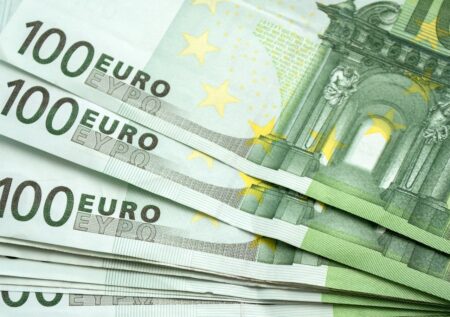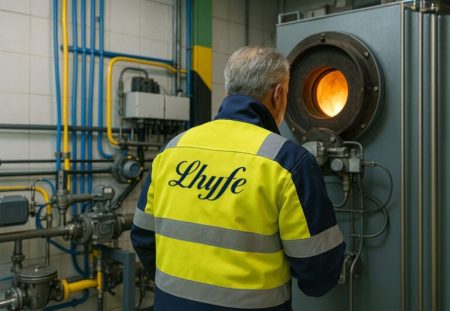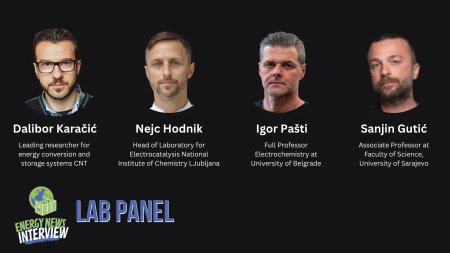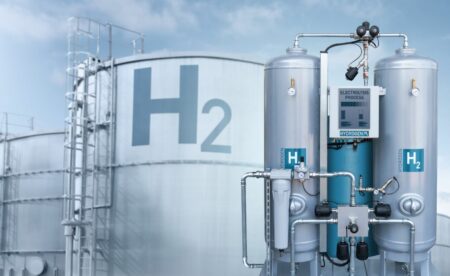Masdar and EnBW Energie Baden-Württemberg AG have signed a Memorandum of Understanding (MoU) to co-develop offshore wind and battery energy storage systems across Germany and the UK.
Browsing: Europe
With ambitions to deepen energy ties and align decarbonization strategies, the European Union has committed €3 million to a technical assistance project designed to fast-track Türkiye’s entry into the green and low-carbon hydrogen economy.
Lhyfe, a France-based green hydrogen producer, has successfully conducted combustion tests using 100% renewable hydrogen in the ceramics sector of Spain’s Valencia region—signaling a potentially scalable pathway to decarbonize one of the country’s most energy-intensive industries.
Hynamics UK, a subsidiary of France’s EDF Group, has partnered with hydrogen investment firm Hy24 to develop a £300 million green hydrogen production facility at ExxonMobil’s Fawley refinery and petrochemical complex in Hampshire.
As European power markets deepen their reliance on renewables, a new structural imbalance is emerging. While solar and wind capacity continues to surge, weakened demand and limited system flexibility are compressing capture rates and undermining standalone renewables’ profitability.
In 2023, global investment in hydrogen technologies surpassed $200 billion, yet the gap between academic research and scalable solutions remains…
Germany’s hydrogen rollout faced another major setback this month, with E.ON announcing the cancellation of its 20MW HydroHarbourEssen project and a broader withdrawal from international hydrogen production and infrastructure development.
Spain’s ambition to become a green hydrogen hub has suffered a setback, as Repsol confirmed it will not move forward with the 130MW Hydric project in Puertollano, declaring it “technically and economically unfeasible.”
Germany has launched its second €2.5 billion H2Global auction, aimed at securing long-term imports of green hydrogen and its derivatives—ammonia and methanol—from outside the EU.
Green hydrogen is expected to play a central role in the decarbonisation of hard-to-abate sectors, and by 2050, as much as 20% of global demand for the fuel and its derivatives could be met through international trade. That’s the key finding of a new report from the International Renewable Energy Agency (IRENA), which outlines how emerging export hubs in Latin America, Africa, and the Middle East could reshape global energy flows—if financing conditions don’t get in the way.











